-
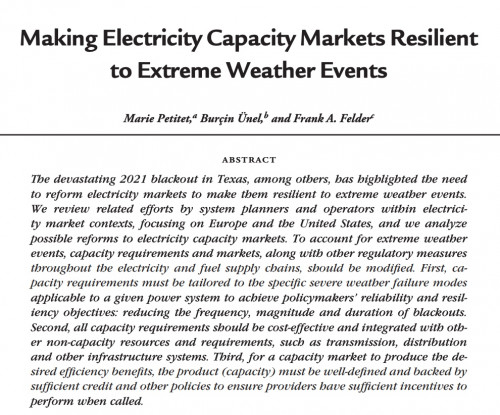
Making Electricity Capacity Markets Resilient to Extreme Weather Events
The devastating 2021 blackout in Texas, among others, has highlighted the need to reform electricity markets to make them resilient to extreme weather events. In this paper, we review related efforts by system planners and operators within electricity market contexts, focusing on Europe and the United States, and we analyze possible reforms to electricity capacity markets. To account for extreme weather events, capacity requirements and markets, along with other regulatory measures throughout the electricity and fuel supply chains, should be modified. First, capacity requirements must be tailored to the specific severe weather failure modes applicable to a given power system to achieve policymakers' reliability and resiliency objectives: reducing the frequency, magnitude and duration of blackouts. Second, all capacity requirements should be cost-effective and integrated with other non-capacity resources and requirements, such as transmission, distribution and other infrastructure systems. Third, for a capacity market to produce the desired efficiency benefits, the product (capacity) must be well-defined and backed by sufficient credit and other policies to ensure providers have sufficient incentives to perform when called.
-
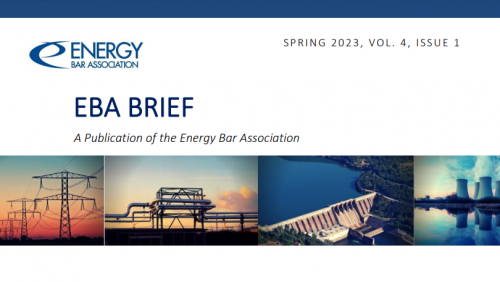
The Impact of West Virginia v. EPA on Challenges to FERC’s Authority Under the Major Questions Doctrine
Published in Energy Bar Association Brief
The Supreme Court’s recent applications of the major questions doctrine have prompted numerous challenges to pending or proposed regulatory actions, including the Federal Energy Regulatory Commission’s (FERC’s) proposed revisions to Order No. 1000’s regional transmission-planning and cost-allocation rules (Transmission Rulemaking) and updated draft policy statements on certification of new interstate natural gas facilities (Draft Policy Statements). This article addresses the impact of West Virginia v. EPA—the most recent Supreme Court case involving the major questions doctrine—on FERC’s regulatory authority.
-
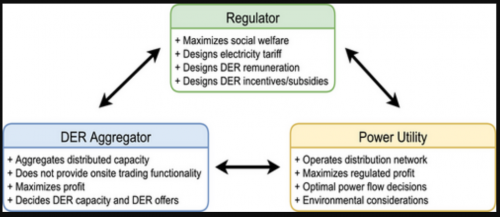
Value of Distribution System Information for DER Deployment
Integration of Distributed Energy Resources (DERs) in power systems exacerbates the existing information problems between power utilities and regulators. DER policies oblivious to the trilemma of information asymmetry between power utilities, DER aggregators, and regulators result in distorted price signals to DER investors, and socially inefficient DER roll-out. Therefore, in this paper, a game-theoretic approach is proposed for modeling information asymmetry in distribution network information and consumer data between the DER aggregators and the power utilities.
-
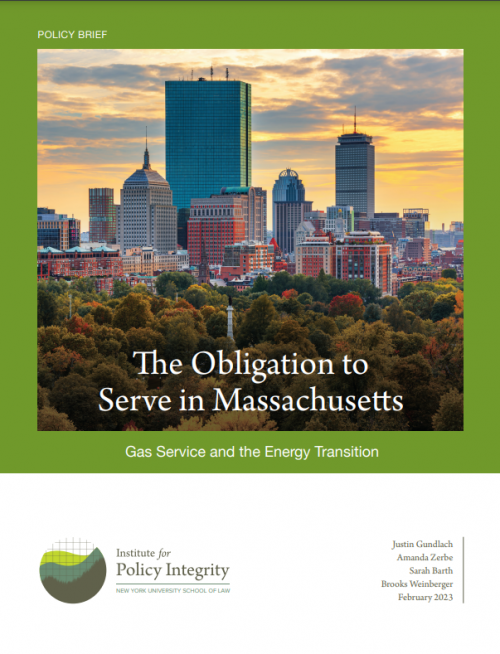
The Obligation to Serve in Massachusetts
Gas Service and the Energy Transition
In Massachusetts, achieving the state’s decarbonization target in a cost-effective manner will likely require the refusal of new gas service in addition to the termination of existing gas service in certain buildings and its replacement with electric service. The scope of utilities’ legal obligation to serve their customers will be central to those efforts. This brief analyzes the contours of this obligation by examining the relevant Massachusetts statutes, regulations, Public Utility Commission decisions, and case law.
-
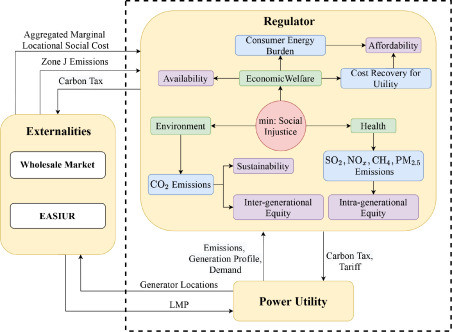
Electricity Tariff Design via Lens of Energy Justice
Distributed Energy Resources (DERs) can significantly affect the net social benefit in power systems, raising concerns pertaining to distributional justice and equity. Current tariff design approaches suffer from opaque efficiency-equity trade-offs and are also agnostic of the externalities that affect both economic efficiency and equity. Therefore, this paper develops a justice-cognizant tariff design framework that improves the operational savings in the system without sacrificing distributional equity, and encompasses economic welfare, social costs of environmental and public health impacts, and socio-economic and demographic characteristics of electricity consumers. We evaluate four different tariff structures using a Multi-Objective Problem with Equilibrium Constraints. We then compare the operational savings and equity of the proposed framework using the 11-zone New York ISO and 7-bus Manhattan power networks. The results demonstrate that justice-cognizant, and spatially- and temporally-granular tariffs ensure equity and increase the operational savings at a lower energy burden to consumers.
Viewing all publications in Electricity
